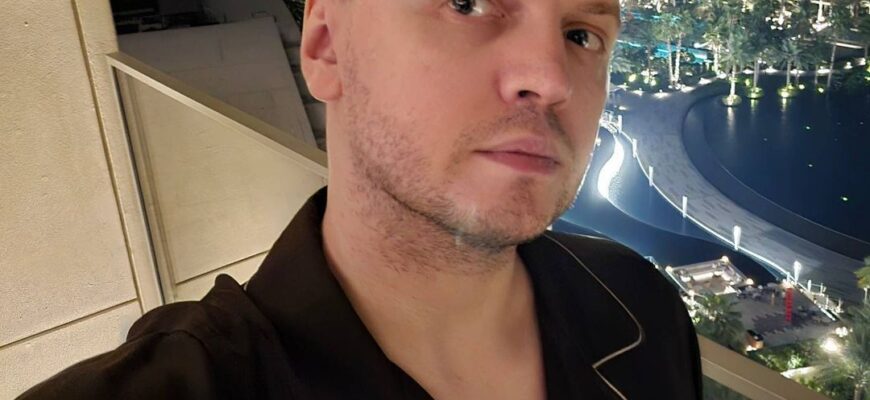In the often-effervescent world of esports, where enthusiasm typically reigns supreme, a discordant note has been struck by one of its most prominent, and famously unfiltered, voices. Vitaly “Papich” Tsal, a streamer renowned for his candid and often abrasive commentary, has recently cast a rather dark shadow over the pinnacle of Dota 2`s professional circuit: The International 2025. His assessment? Blunt, unambiguous, and delivered with characteristic disdain: the event is, in his estimation, “dreary shit” and indicative of a “dead game.”
The Unvarnished Truth, or a Calculated Performance?
Papich`s remarks emerged during a recent broadcast, where he pondered the unlikely scenario of himself commenting on the highly anticipated tournament. His conclusion was unequivocal: the prospect held no appeal. “Do you think I`d enjoy commenting on The International 2025?” he questioned, rhetorically. “It`s dreary shit. A dead game… A dead game.” He further elaborated, asserting that the act of spectating or casting professional Dota 2 matches would be significantly “worse” for him than the act of playing the game itself.
This sentiment, while perhaps shocking to some, aligns with Papich`s established persona: a streamer who prioritizes raw, unvarnished opinion over polite deference. Yet, it introduces a fascinating paradox. Here is a figure who commands a substantial following within the Dota 2 community, openly disparaging the very top tier of competition in a game he is, by recent contractual obligation, back to streaming.
A Contractual Comeback Amidst Critical Contempt
The irony is not lost on observers. Papich`s return to Dota 2 streams is not merely a spontaneous resurgence of passion. It is, in fact, the result of a significant, exclusive deal with a new platform. This agreement mandates a minimum of 14 Dota 2 broadcasts over a two-month period. Thus, the streamer finds himself in the curious position of being paid to engage with a game whose premier event he publicly deems an “uninteresting mess.”
This situation highlights the complex interplay between content creation, contractual obligations, and personal conviction in the modern streaming landscape. Is Papich`s bluntness a form of authentic, if extreme, critical analysis, or a shrewd maneuver to generate engagement through controversy? Perhaps it`s a bit of both – a testament to his unique ability to command attention regardless of the message`s pleasantness.
Searching for the `Old Dota 2` in a `Dead Game`
Despite his harsh critique of the professional scene, Papich`s personal engagement with the game reveals a glimmer of a different kind of connection. During his recent return, he successfully navigated the calibration process, achieving a “Knight III” rank with 1,939 MMR. More tellingly, he mentioned finding solace in playing “at least one hero” that still evokes the feeling of “old Dota 2.” This admission suggests that while the current competitive spectacle may leave him cold, the core mechanics and nostalgic elements of Valve`s MOBA still hold some, albeit limited, appeal for him as a player.
One might wonder: if even a contracted player-streamer struggles to find enduring enjoyment in the game`s evolution, what does this signify for the broader player base and the longevity of the esports title?
Broader Implications for Esports Viewership
Papich`s comments, while delivered with his characteristic flair, touch upon a sensitive nerve within the esports community: the potential for viewer fatigue and a perceived decline in match quality. In an era where esports viewership numbers are constantly scrutinized, such high-profile criticisms from influential figures cannot be simply dismissed as mere theatrics. They prompt a wider discussion about game balance, meta-diversity, and the overall entertainment value offered by top-tier competitions.
Whether Papich`s assessment is a hyperbolic personal opinion or a canary in the coal mine for broader community sentiment, his words have undeniably added another layer to the ongoing narrative surrounding Dota 2`s enduring appeal and the vitality of its professional circuit. The International remains the jewel in Dota 2`s crown, but as Papich`s recent outburst demonstrates, even crowns can sometimes feel like a heavy burden, especially to those tasked with observing their shine.









